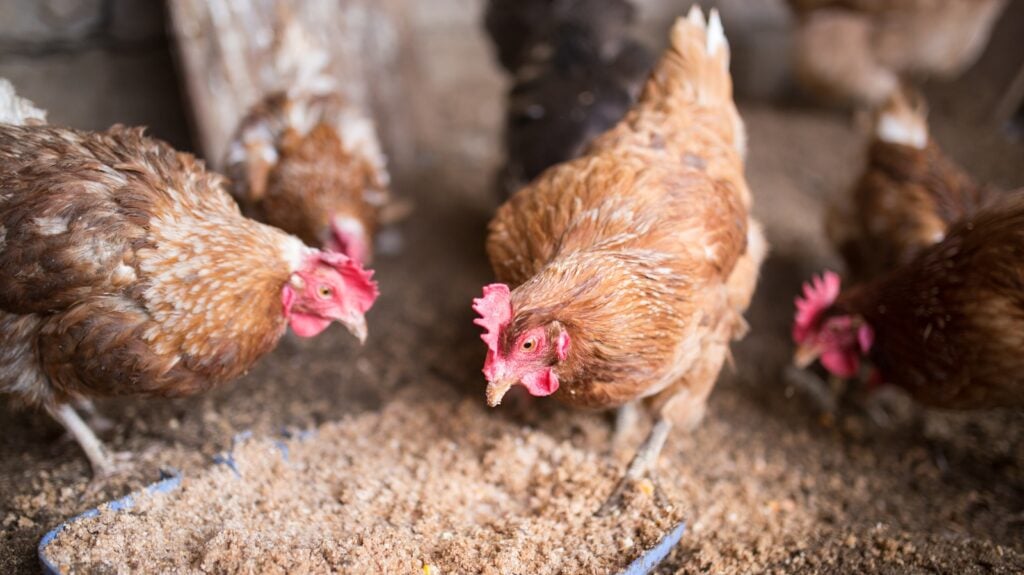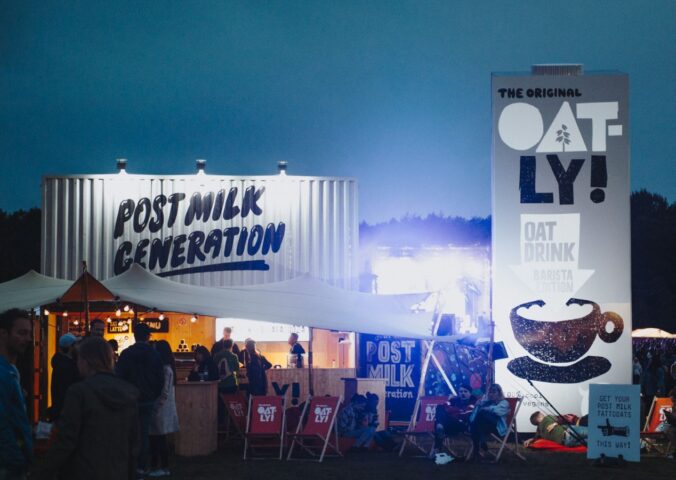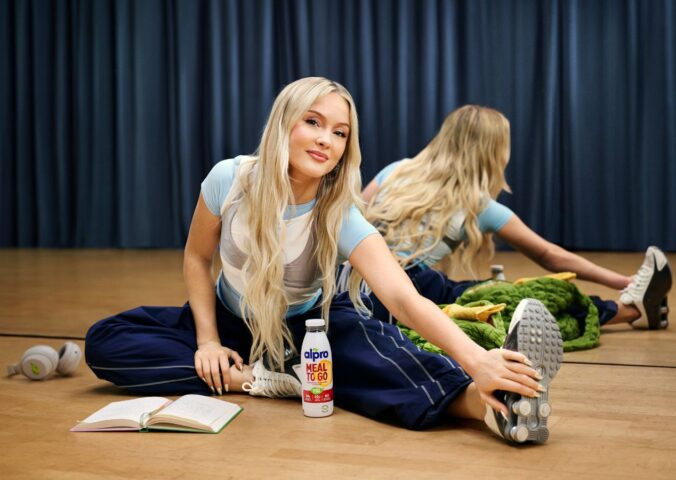A new WWF report has found that 40 percent of the UK’s most productive agricultural land is not being used to grow food for people. Instead, it’s being used to grow food for farm animals. WWF says this is “inherently inefficient.”
Around the world, one in ten people do not have enough food to eat, says Action Against Hunger. And globally, more than 2 million children die as a result of malnutrition every year.
In the UK, data from the Food Foundation shows that food insecurity is rising. At the beginning of this year, 4.7 million adults in the country were food insecure. This is increasing as the cost of living rises.
The new WWF analysis suggests that transforming farmland could feed more people.
Meat and dairy provide just over 30 percent of calories consumed in the UK and 48 percent of the protein. But this doesn’t match up to the amount of space animal agriculture takes up, which is 85 percent of the UK’s total land use.
Benefiting people and the planet
The report found that one-third of the UK’s annual oat harvest is fed to livestock. That’s enough for six billion bowls of porridge.
Meanwhile, wheat and barley grown for livestock feed take up 2 million hectares. Half of the annual wheat harvest (enough for 11 billion loves of bread) goes to feed chickens and pigs.
The report suggests that reducing livestock, and feeding the remaining herds with insects, grass, or food waste, could free up more land to grow more food for people.
Reducing livestock, or switching to a totally plant-based food system as some experts recommend, would also benefit the planet. Animal agriculture emits 14.5 percent of global greenhouse gasses, uses up valuable resources, and drives deforestation.
WWF also states that the UK is importing “large quantities” of soy animal feed from overseas. This is fuelling habitat destruction in places like Brazil.
“With food prices soaring, we can’t afford to stay locked into a food system that’s not fit for purpose,” says Kate Norgrove, WWF’s executive director of advocacy and campaigns.
“Far too much of the food we eat is produced in ways that are fuelling the climate crisis and driving catastrophic nature loss, yet failing to deliver affordable, healthy food for all.”






